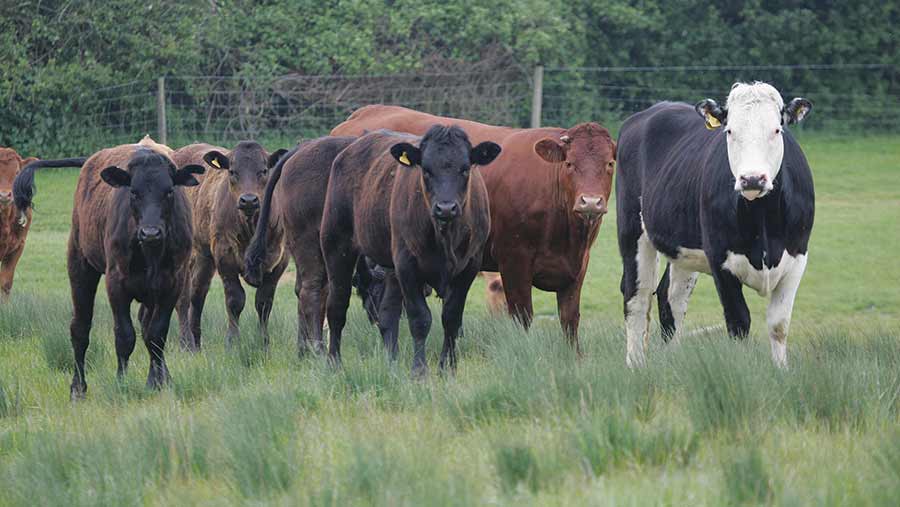Government passes cost of sampling fallen stock to farmers
 © Tim Scrivener
© Tim Scrivener Cattle farmers with fallen stock over 48 months of age are going to have to pay for the taking of samples for BSE testing from 1 April, as government passes the cost back to industry.
Until now, the taxpayer has met the full cost of sampling under the transmissible spongiform encephalopathy (TSE) surveillance regime.
See also: Visit our Know How centre for cattle health advice
But, following a consultation last year, the sampling element – currently set at about £7.50 per dead animal – will now be charged back to the farmer.
“This measure will result in a small cost to farmers,” said a statement from Defra’s TSE policy team. “We estimate that an average holding of 100-149 animals would have two fallen bovines aged over 48 months requiring sampling per year.
“Based on current charges, the average cost per farm would therefore be around £15.”
The statement adds that the cost of transporting samples to a laboratory and testing it will still be met by government.
The change affects farmers in England, Scotland and Wales.
NFU Scotland acknowledged that the additional charges were comparatively low, but complained that the industry already meets the cost of collecting fallen animals, put at between £85 and £200 for each beast.
“As an industry, we already pay the significant cost of carcass collection for BSE testing, yet we now have to pay the additional cost of sampling for a disease that is not infectious,” said animal health policy manager Penny Johnstone.
“BSE is a food-safety issue and the cost of sampling and testing should be covered by government.”
NFUS is calling for a review of these costs “as there are cheaper and more environmentally friendly options for fallen stock disposal than transport and rendering”.
